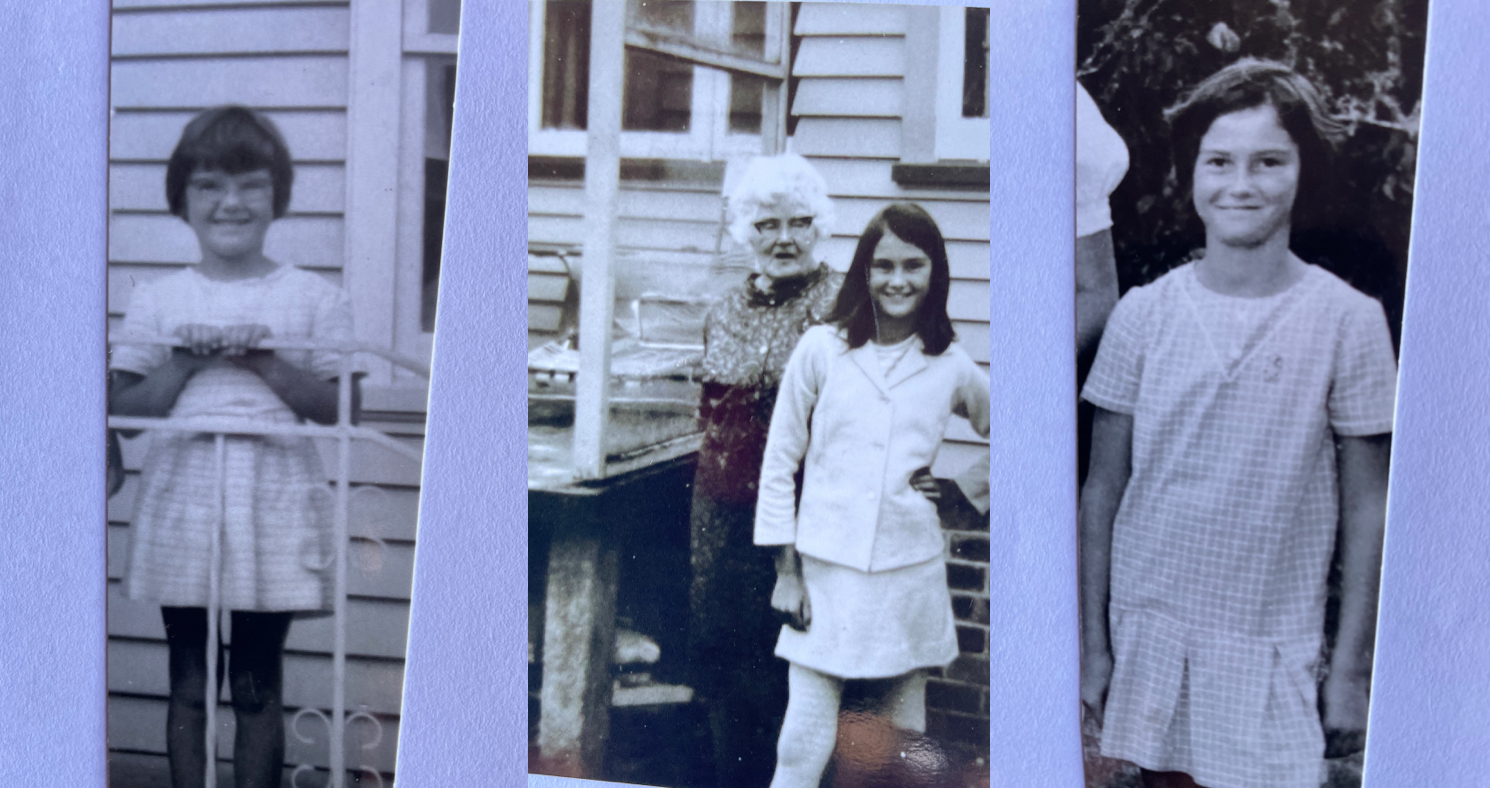
By Lady Grey
It all began to pick up speed in the fifth grade. Our English teacher was new that year, and was said to be unconventional but very good. While she would occasionally arrange the classroom desks in a large circle rather than in rows—in which we students took turns reading passages from various novels, the syllabus was, honestly, kind of dull for a precocious almost eleven year old who read Harry Potter past her bedtime and dreamt of going to Hogwarts every time September 1st came around.
It wasn’t until the afternoon our teacher handed out printed pages of poems—and encouraged us to try constructing rhymes and simple acrostics of our own—that writing in verse began to capture my imagination. Writing for the thrill and delight of it is what mattered, even though the poems those first efforts produced were not very good at all.
Years passed and many heated discussions followed about the woman I should become, shaped by the collective expectations and unspoken rules of family, tradition, and community. Writing had never been on the table as a viable or attainable occupation for someone like me.
why throw your life away,
they say.
when you can have
less
be less
do less.
less can be measured.
who can measure the wilderness?
be like the dowry chest they say.
have nimble fingers.
enchant. permit. say yes.
employ the sparkle in your eye.
forget about childhood.
your heart thumps.
it knows there’s always a war.
a divide. an emptiness.
listen.
—the chorus
Though I’d always loved reading, the idea of jumping into the so called creative abyss and coming back with treasure like any proper heroine in a good story would felt far too daunting. The greats were great for a reason, not that I could put my finger on what it was, exactly, that made their words sing. Shakespeare, Frost, Yeats, Keats, Milton, Blake — yet it wasn’t until I could see myself in a poet that the words began to flow again.
Amongst the first that I found (or found me) —on instagram—was the magical Yrsa Daley Ward: one of the only contemporary female poets I’d ever read. Yes, it’s true. Her words felt electric and the creative damn that had seemed so impenetrable for so long began to crumble. I’d also read and loved poetry by Emily Dickinson and Mary Oliver and Muriel Spark, to name a few, and their work has certainly moved and inspired me, but the contemporary piece had been missing for a while.

If women around my age were writing and publishing poetry, then there was every reason to try. It helped me feel less alone. My inner critic could no longer demand to know if I thought I was a Brontësister or something. No. I was just me, and that had to be enough.
My personal life was turbulent at the time but the act of writing gave me courage. Everything, everything, gloriously became available to me. I could write about the night sky! About my hometown, childhood memories, fear, hope, love, ambition, solitude, being a woman, a daughter, sisterhood. I frequented the local library in the city that was home to me at the time. I went for the quiet solitude, the generous work tables, and the sense of being among kindred spirits. And of course, for the books.
One of the librarians introduced herself after seeing me come around with my laptop. Are you a writer? She asked. It took me a heartbeat to reply. ‘Yes’. I said.
That moment brings to mind what Amanda Palmer, musician and author, writes in her book, The Art of Asking: “When you’re an artist, no one hits you with the magic wand of legitimacy. You have to hit your own head with you own handmade wand. And you feel stupid doing it.” Understanding this has helped just as much as learning how to find the stillness at the heart of creatvity.
That librarian was kind and personable, and she gave me an invaluable opportunity to hit myself over my own head with my own wand, thank you very much. Librarians who seem to enjoy what they do and are generally pleased to see you and don’t mind if you spend a few hours sitting around reading or tapping away at your keyboard feel like unicorns or fairy godparents in a world that is flying by at the speed of instagram likes and a constant stream of news. We need them, and libraries, and books more than ever.
It’s a nice fantasy of course
i fall for it everyday
but
eventually
i’ll
have to
leave here
leave home
i’ve got
sea
in my blood
and
echoes in my
footsteps.
A memory: sobbing in the arms of a loved one after leaving what had become a volatile, twisted situation. It was deep into a summers’ night, sometime before dawn. I was told over and over again that I was resilient, while tears fell and I tried to keep the snot at bay. I weighed the word. It felt distant. Perhaps it was a compliment, meant to soothe. It was a challenge though as well, whether it was intended as one or not. If being so deeply hurt did not necessarily mean that I was finished, done in, and too wretched to carry on after all, then perhaps there was another way to conclude this part of the story other than throwing my hands up with despair.
Eventually I looked back over the poems that had been written over those anxious months of determined reflection and I realized that there were enough for a book. And that is how the collection all her starry fates came to be. So. Maybe resilience can be something like a honey-lemon cough drop to savor or a small stone to keep in your pocket and tumble over and over again in your hands until it becomes smooth. Maybe it will be something else. Maybe this is just a permission slip to my younger self, anyway, but I hope you will make something for the thrill of it. Do you want to? It might be the start of something new in someone else’s story, too.


Lady grey is a poet and writer. She enjoys cappuccinos, walks in nature, and reading novels. lady grey believes that equal pay for women is the best beauty tip ever. Follow her on Instagram: @Starryfates.
















